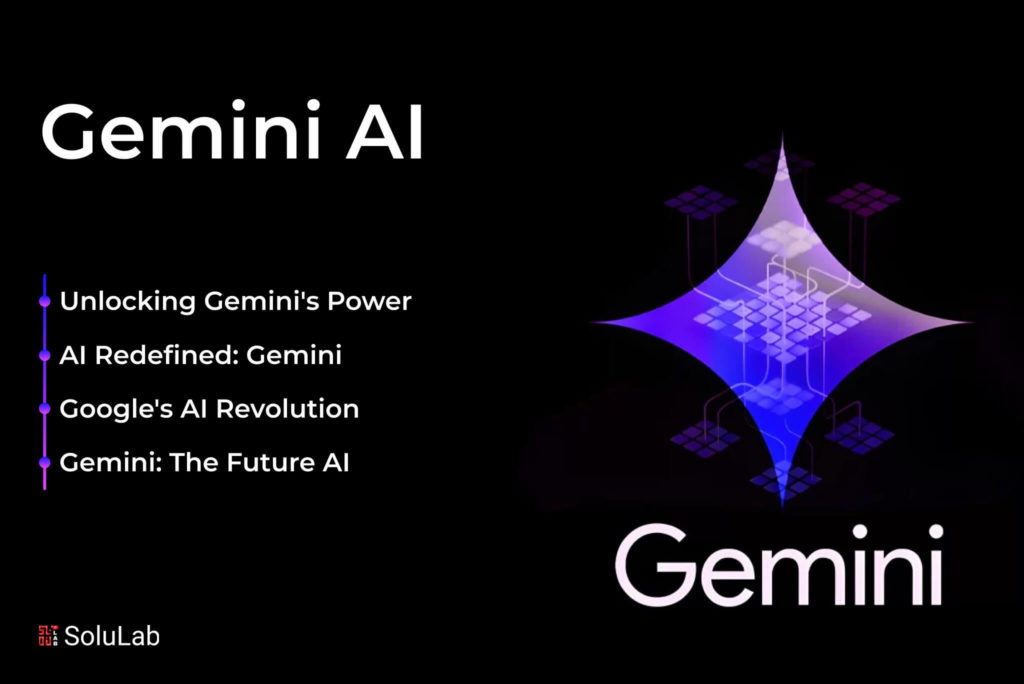Google Search Chief Admits Preferential Treatment for Gemini AI in Antitrust Testimony
In a pivotal moment for the tech industry's competitive landscape, Google's head of search Elizabeth "Liz" Reed delivered testimony on May 7 that legal experts are calling a significant setback for the search giant's defense against antitrust remedies. During cross-examination in a Washington courtroom, Reed made a series of admissions that confirmed what regulators have long suspected: Google continues to provide its proprietary AI service with exclusive advantages unavailable to competitors—potentially cementing the case for far-reaching structural remedies.
Exclusive Advantages for Gemini AI
The most consequential admission came when Reed acknowledged under oath that Gemini, Google's flagship AI service, receives "additional search results" including access to knowledge graphs and information boxes that competing AI systems cannot obtain—even when those competitors pay for Google's Vertex AI "traceability" service launched in 2024.
This disclosure cuts to the heart of the Department of Justice's argument about Google's continued anticompetitive practices following Judge Amit Mehta's landmark ruling last year that Google illegally monopolized the online search market.
Impact on Market and Investors
The financial markets have taken notice of these developments. Alphabet's stock declined approximately 8% following the combined impact of Reed's testimony and separate reports that Apple might switch Safari to a non-Google AI search provider—a dual threat to Google's core revenue streams.

"The testimony creates a perfect storm for Google investors," explained a portfolio manager at a major technology investment fund. "You now have both their primary distribution channel potentially at risk with Apple and their core competitive advantage in AI increasingly vulnerable to regulatory intervention. The market is repricing the company's growth prospects accordingly."
Implications and Future Outlook
Reed's admissions substantially strengthen the DOJ's hand as Judge Mehta considers a range of potential remedies during this three-week hearing. Legal analysts now see several options gaining credibility:

"Judge Mehta now has clear evidence that Google continues its monopolistic behavior even after being found liable," noted an attorney specializing in technology competition. "This shifts the calculus toward stronger structural remedies rather than mere behavioral constraints."
The implications extend well beyond Google. Meta, Anthropic, and OpenAI have already intensified lobbying efforts for fuller data access, sensing an opportunity to level the playing field against Google's AI dominance.
Conclusion
In just one afternoon of testimony, Liz Reed may have fundamentally altered the trajectory of both Google's business model and the broader competitive landscape for AI and search—providing market participants with clear signals that the era of Google's uncontested search advantages may be drawing to a close.




















